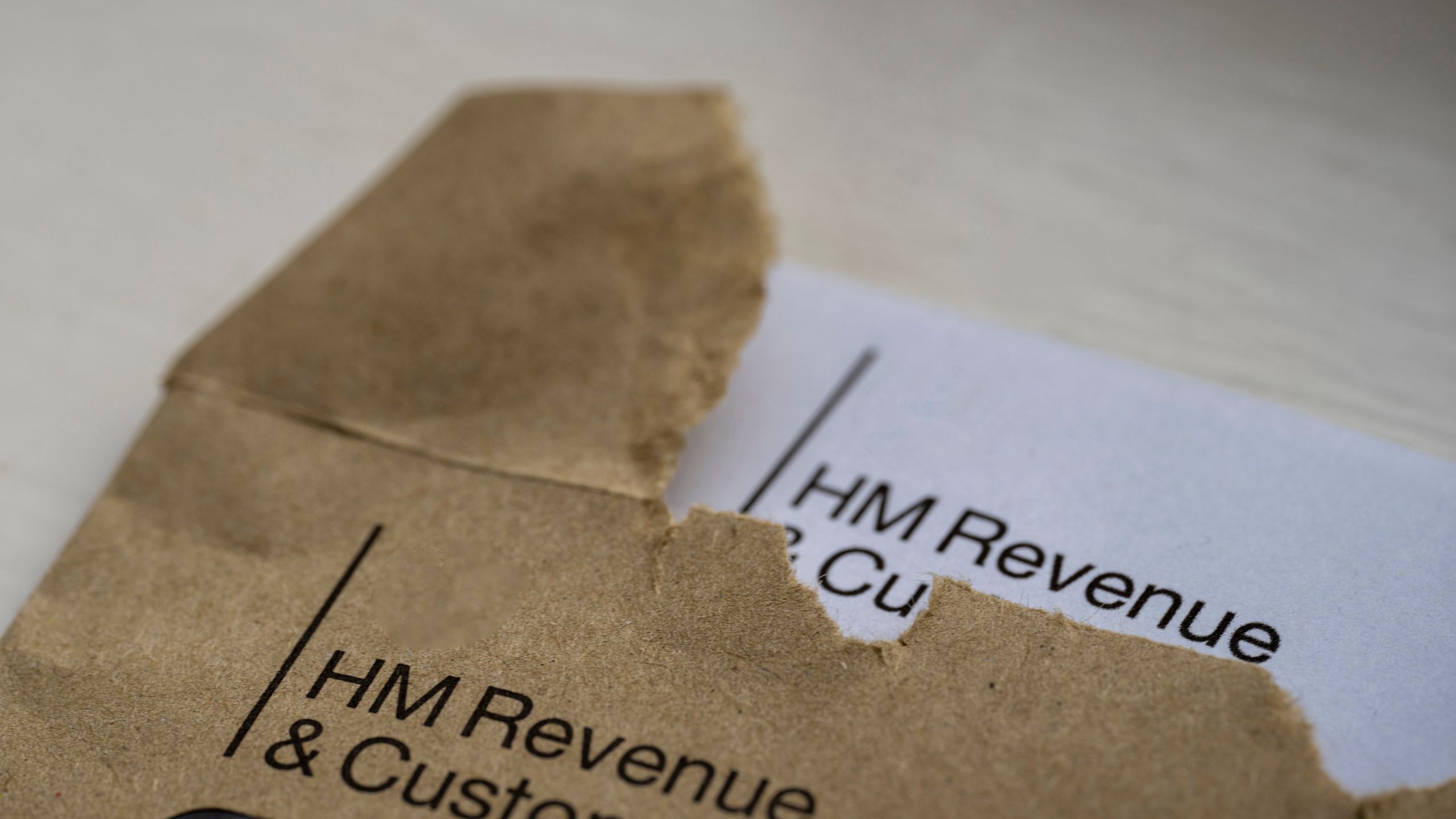
Ensuring compliance in your supply chain when engaging with outsourced employment and umbrella companies is of paramount importance for several critical reasons. Compliance issues can have far-reaching consequences that may adversely affect your business, reputation, and legal standing. By diligently checking and rechecking the compliance of your supply chain, you can mitigate risks, maintain ethical standards, and foster a sustainable and responsible business environment.
Legal and Regulatory Compliance:
The UK has a complex and evolving legal and regulatory landscape governing employment and taxation. Engaging with non-compliant outsourced employment and umbrella companies could expose your organisation to legal liabilities, penalties, and reputational damage. By verifying compliance, you reduce the risk of inadvertently breaking the law and ensure that all parties involved are adhering to the applicable rules and regulations.
Tax Compliance:
Tax compliance is a crucial aspect of any business operation. Failing to ensure that your supply chain partners are compliant with tax laws may lead to tax evasion, tax fraud, or other tax-related issues. The tax authorities may hold your business responsible for unpaid taxes or improper deductions made by non-compliant contractors or umbrella companies, resulting in financial losses and potential legal consequences.
Avoiding Unfair Labor Practices:
Checking compliance within your supply chain is essential for ensuring that all workers are treated fairly and in accordance with labour laws. Non-compliant outsourced employment and umbrella companies may engage in unfair labour practices, such as underpaying workers, denying benefits, or not providing adequate employment rights. Engaging with such entities could inadvertently contribute to exploitative labour practices, leading to negative publicity and reputational damage for your business.
Protecting Your Reputation:
A strong and positive reputation is a valuable asset for any organization. Partnering with non-compliant supply chain entities can tarnish your reputation and erode the trust of customers, investors, and other stakeholders. Negative publicity surrounding unethical practices, worker exploitation, or legal issues may lead to a loss of business opportunities and trust among your target audience.
Maintaining Ethical Standards:
Responsible businesses strive to uphold high ethical standards in their operations and relationships. Ensuring supply chain compliance is an essential aspect of corporate social responsibility. By verifying that your partners are compliant with employment laws, fair labour practices, and tax regulations, you demonstrate your commitment to ethical business conduct and social accountability.
Risk Mitigation:
Failure to check compliance within your supply chain exposes your business to various risks, including financial, operational, and legal risks. Non-compliant companies may be more prone to financial instability or sudden closure, leaving your business in a precarious situation. By conducting thorough compliance checks, you can identify potential risks and take proactive measures to mitigate them.
Business Continuity:
A compliant supply chain is crucial for ensuring the smooth and uninterrupted flow of goods and services. Engaging with non-compliant outsourced employment or umbrella companies may lead to disruptions in the workforce, delays in projects, or contractual disputes, impacting your business’s continuity and overall performance.
In conclusion, checking and rechecking the compliance of your supply chain when engaging with outsourced employment and umbrella companies is vital for legal, financial, and ethical reasons. By prioritizing compliance, you protect your business from potential legal liabilities, financial losses, and reputational harm. Moreover, it demonstrates your commitment to ethical business practices and responsible corporate behaviour, fostering trust among stakeholders and ensuring sustainable business growth.



